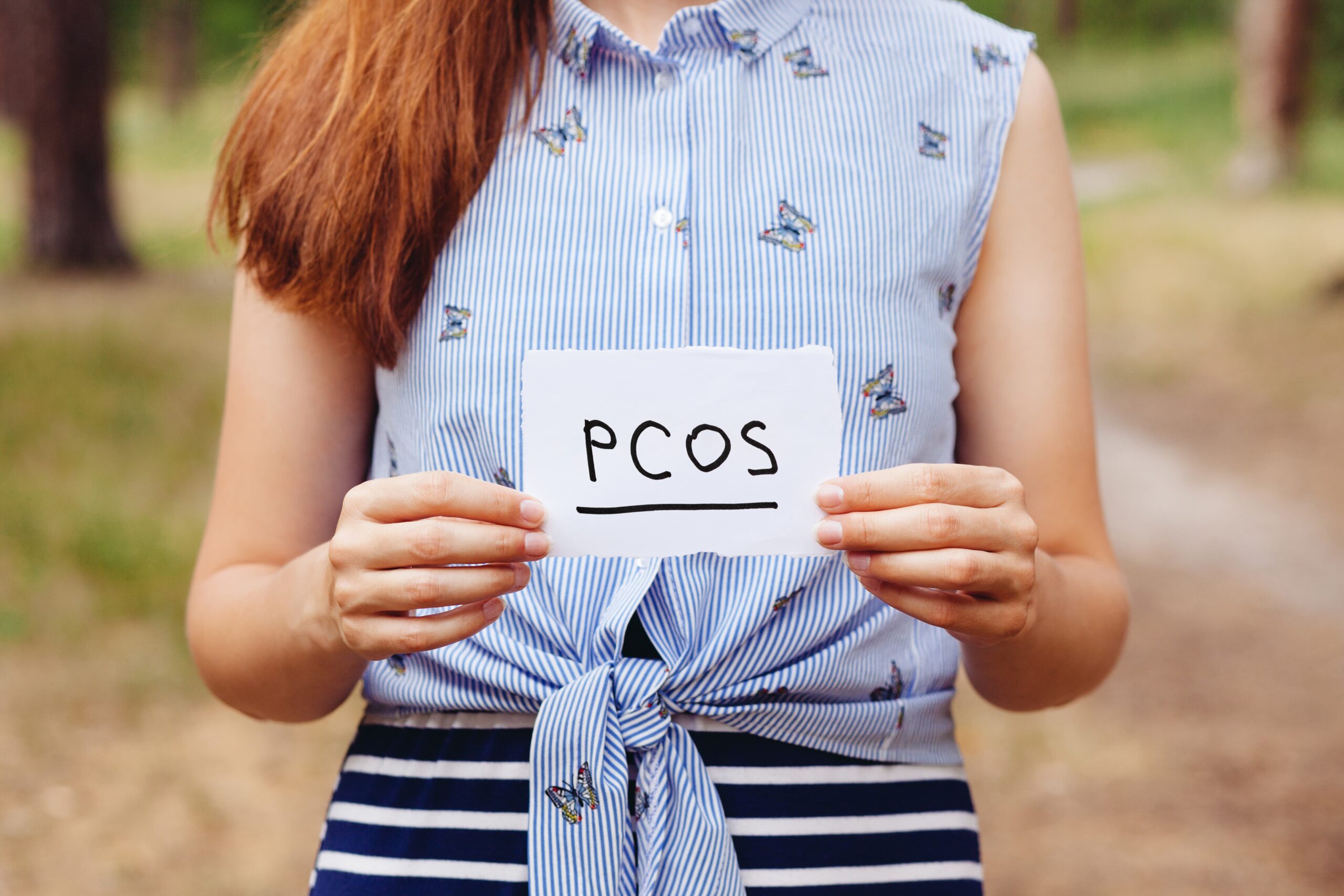September is PCOS Awareness Month and a GP has explained how women with PCOS are 26% more likely to contract COVID-19.
Polycystic Ovary Syndrome (PCOS) is a common, yet complex disorder that causes elevated levels of sex hormones. It affects 8-13% of women and people with uteruses globally and, in the long term, it can lead to a higher risk of type 2 diabetes, cardiovascular diseases and uterine cancer.
The most common symptoms of PCOS include:
- Irregular periods, long gaps between periods, or no periods
- Excessive hair growth on the face, chest and abdomen
- Weight gain
- Acne
Dr Christina Papadopoulous, GP at Livi, the digital healthcare provider, discusses the link between PCOS and Coronavirus:
“Recent UK research indicates that women with PCOS are at a significantly increased risk of contracting COVID-19 compared to women without PCOS, with 26% increased susceptibility.
“PCOS is associated with an increased risk of cardiometabolic disease, such as type 2 diabetes, obesity, non-alcoholic fatty liver disease and high blood pressure. All of these conditions are known to be risk factors in themselves for COVID 19.
“A further possible mechanism linking PCOS to the increased risk of COVID-19 relates to androgen, the male hormone. PCOS is characterized by an excess of androgen.
“There is already strong evidence that men are more predisposed to COVID-19 than women, and although the exact mechanism for this is still being investigated, it is likely that male sex hormones are implicated in increasing the susceptibility to contracting COVID-19.”
If people with PCOS are worried about Coronavirus, Dr Papdopoulous has shared some expert advice.
“If you have PCOS, you should speak with your doctor to discuss the possibility of having the Covid vaccine, if you haven’t already received it, as this will greatly reduce the chances of developing severe COVID-19.
“In addition, your doctor may wish to optimize your treatment for PCOS and the associated health conditions (e.g. type 2 diabetes) in order to reduce your risk factors for COVID further.
“You should continue to practice good hygiene and take precautions to avoid catching the virus.
This includes washing your hands regularly and cleaning surfaces which are frequently touched, such as door handles, phones and keyboards.”
Despite PCOS potentially leading to cancer and infertility, Livi’s recent research revealed that more than half of UK women can’t identify the main symptoms.
When asked to identify the signs, almost half failed to select irregular periods (47%) and around two-thirds didn’t pick excessive hair growth (63%) and weight gain (67%).
Acne is the least well-known PCOS symptom, with four out of five (80%) UK women not acknowledging it as a possible red flag.
Millennials (25-34-year-olds) are the least likely age group to know what to look for, despite most PCOS diagnoses happening when women are in their 20s or 30s.
The PCOS symptoms that people are least aware of are:
1) Acne – 80% (didn’t identify as a symptom)
2) No periods – 77%
3) Long gaps between periods – 70%
4) Weight gain – 67%
5) Excessive hair growth – 63%
If you’re concerned about symptoms, Dr Elisabeth Rosen, Lead GP at Livi and a specialist in gynaecology and obstetrics, advises speaking to a doctor and says you can help speed up a diagnosis by keeping track of symptoms and your menstrual cycle.
“Keep track of your symptoms and menstrual cycle to help you spot patterns. You can use a cycle tracker app or a physical diary.
A doctor will ask questions about your symptoms and experiences and then refer you for a blood test to check your hormone levels. They will also request an ultrasound to check for signs that your ovaries are polycystic.”
For more information about PCOS, including further advice on getting diagnosed, visit: https://www.livi.co.uk/
